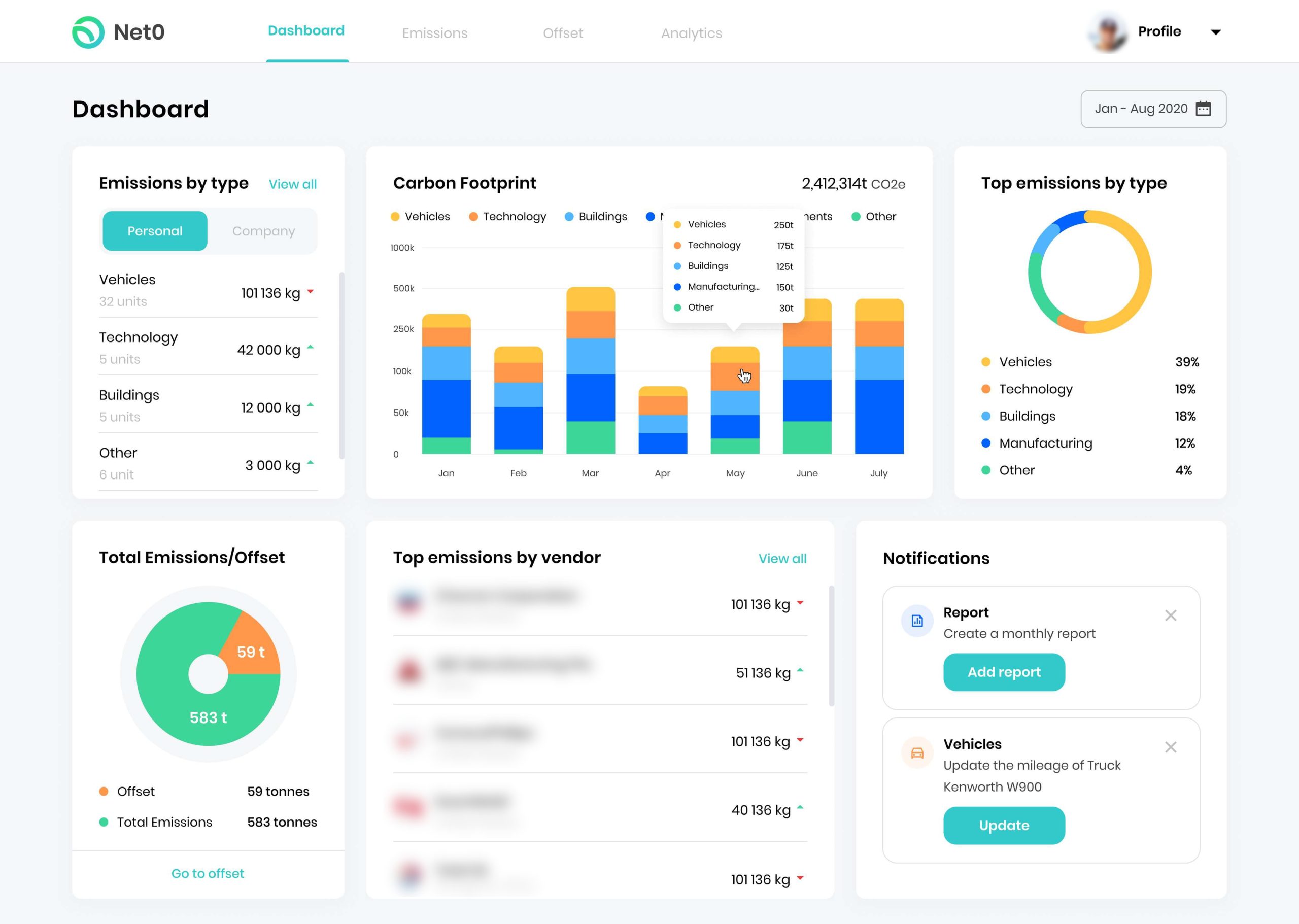

Starting at the end, seeing an opportunity to eliminate waste before it’s even created is the key to an evolving Circular Economy. By analysing your clients waste journey to produce accurate reporting is vital for organisations to monitor their environmental performance and journey in becoming Net Zero. Whether that’s clinical, hazardous, recycling waste or anything else, we deliver and innovative approach in analysing your waste management services to ultimately minimise your waste and carbon impact.


Analysing your Carbon Reduction for your Business
If you’re a large business with Net Zero commitments, now is the time to put those pledges into practice. No matter where you are on your sustainability journey, we have the expertise you need to achieve Net Zero within your set timeline.
Reduce
Energy efficiency and flaring minimisation are top actions toward mitigating climate change, as is fossil fuel reduction through substitution with lower carbon energy sources like renewables, hydropower, nuclear and bioenergy.
Reuse
CO2 has value and using innovative technologies to capture it means it can be reused as powerful products, such as fuels, bioenergy, chemicals, building materials, food and beverages.
Recycle
CO2 is chemically transformed into new products such as fertiliser or cement, or other forms of energy such as synthetic fuels.
Remove
Using technology to capture and store CO2 is an important way to achieve large-scale reduction of emissions, while increasing photosynthesis by planting flora also contributes toward reduction.
What Is Carbon Accounting?
Carbon accounting is a way of calculating how much greenhouse gas an organization emits. Like financial accounting, carbon accounting quantifies the impact of an organization’s business activities – though instead of financial impact, it tracks climate impact. Using carbon accounting, you can calculate your business’s carbon footprint and understand where your emissions come from. This, in turn, enables you to report your sustainability impact to governments and stakeholders, implement carbon reduction and removal, and build your brand equity.
Carbon accounting empowers your business to fight climate change, stay compliant, and seize business opportunities.

Your Carbon Footprint Explained
A carbon footprint is a simple way to express that impact. The “size” of your carbon footprint depends on multiple factors. The primary one is the amount of greenhouse gas emissions released into the atmosphere by a given activity.


Green technology converts a carbon intensive business into a circular enterprise
Reducing waste will not only protect the environment but will also save on costs or reduce expenses for disposal. In the same way, recycling and/or reusing the waste that is produced benefits the environment by lessening the need to extract resources and lowers the potential for contamination.
